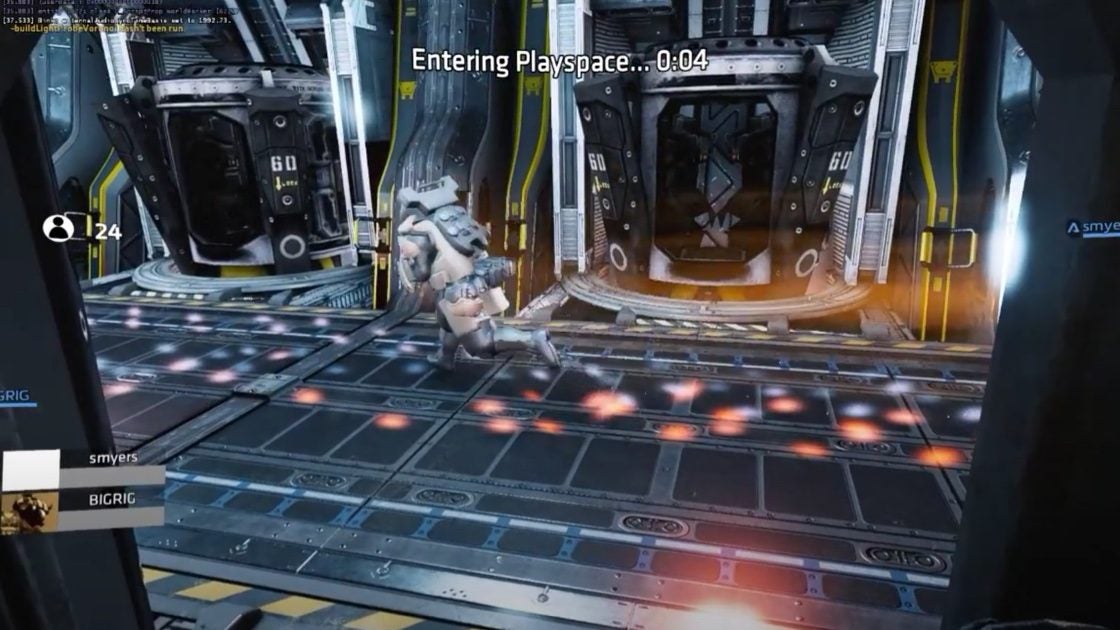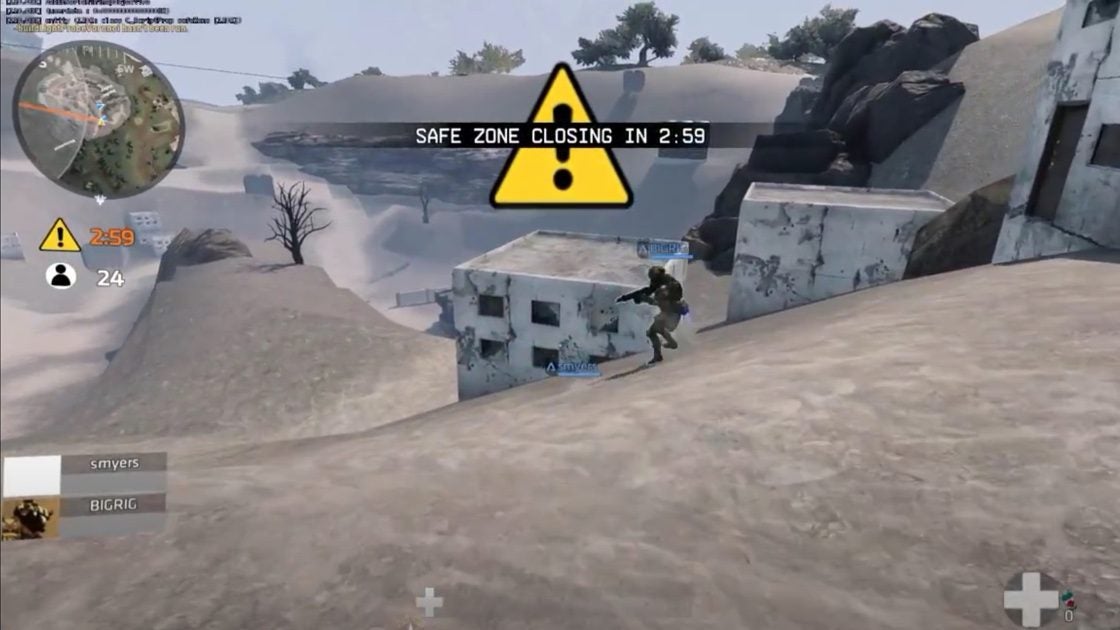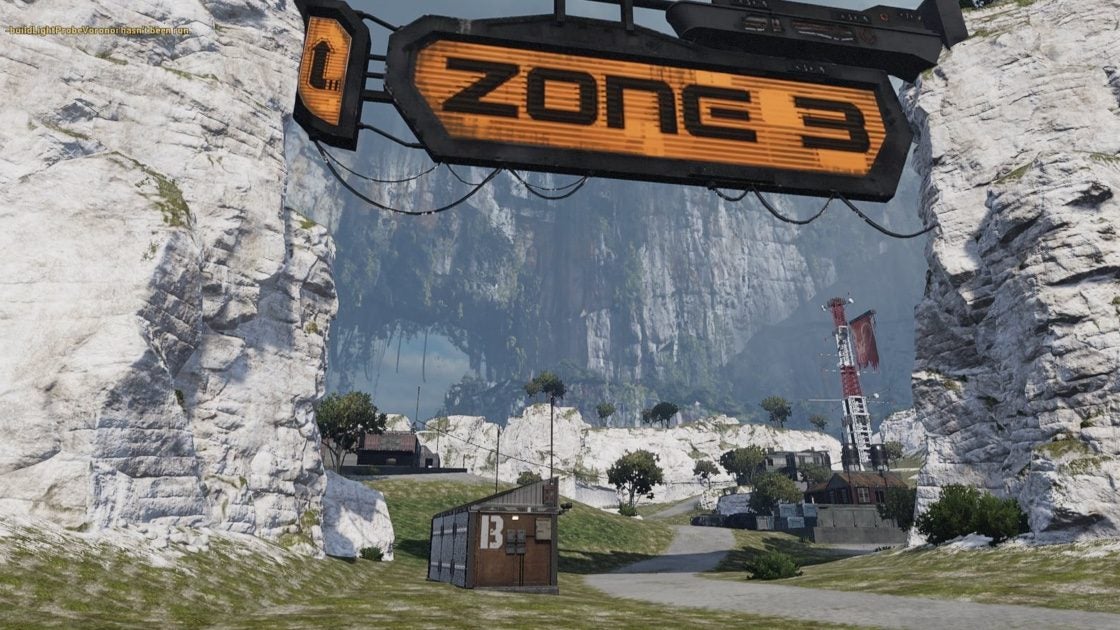After the launch of Titanfall 2, Respawn initially began work on Titanfall 3, but this was parked after the developer began to experiment with a battle royale mode in the Titanfall universe - and this became Apex Legends. According to the new blog post by game director Chad Grenier, the prototype was initially made by two designers, and was then developed into a game mode called “Survival” which allowed pilots and titans to battle it out to be last man standing. It seems the mode had a slightly smaller lobby size than current-day Apex, with a total of 24 pilots instead of 60, but the idea of teams of three dropping together was present even in these very early stages. Squads would arrive in style inside a drop pod, however, which teams would have to enter as a trio inside the drop ship. Soon, Apex’s team size grew to over 20 people, and by October 2017 Respawn had the first versions of Gibraltar, Bloodhound, and Wraith. The prototype map was apparently rather different from Kings Canyon, and was rather imaginatively called “real big map”. It was sparse enough for “titans to roam freely”, but both titans and wall running later had to be removed for the sake of game balance. “[We had] things like wall running and double jumping for a long time, we had triple jump for a while, they make combat really hard to beat and comprehend,” former lead producer Drew McCoy told me back in 2019. “You can’t predict where players come from or you’re pushing them to, and things would happen to you more than you would predict and respond against. “The titans in Titanfall 1 and 2 were meant to be a power fantasy - you’re supposed to think ‘alright, I can call it in, I can power it up and feel like a bad-ass for a little while’, then it’ll probably blow up and you have a chance to do it again. “So we were prototyping that and they were a power-up, and that was really detrimental to a battle royale. Battle royales are supposed to be like poker - everyone comes to the table with the same possibilities. “If we ever balanced a titan down to where they were not a destructive force on the match - it was like betraying that power fantasy, like they were made out of paper, a wet cardboard bag - it was not worth it.” In November 2017 the team tested their first 50-player game and began testing the map that would eventually become Kings Canyon. The mode’s name eventually changed from Survival to Apex Predator (almost there), Kings Canyon began to actually look like Kings Canyon, and mechanics like legend abilities and respawning teammates were prototyped. To design Apex Legends’ famous ping system, the team would playtest without headsets and with player names turned off to help them to build “a best in class in-game communication system”. “It became clear to us that we had something great on our hands, and our plans for the other project were scrapped,” Grenier said. (Assumedly, that was Titanfall 3.) “We were then all-hands on what would eventually be called ‘Apex Legends’ and would never look back.” Then, of course, came the surprise February 2019 launch designed to “just ship the game and let players play,” as McCoy told me at the time. “To try and convince a sceptical audience for months with trailers and hands-on articles, we’re just like ’let the game speak for itself’ - it’s the most powerful antidote to potential problems.” Finally, Apex was out in the wild - and two years later, it’s still doing pretty well. EA CEO Andrew Wilson last night said Apex has seen a 30 per cent growth in players year-on-year, with CFO Blake Jorgensen adding it’s expected to bring in over $500m in net bookings this year. On top of all that, last October the game got an enormous new map, the Switch port is arriving in March, and Season 8 launched yesterday with a bang (literally). Unlike the speed of its gameplay, I don’t think Apex Legends is going anywhere fast.


